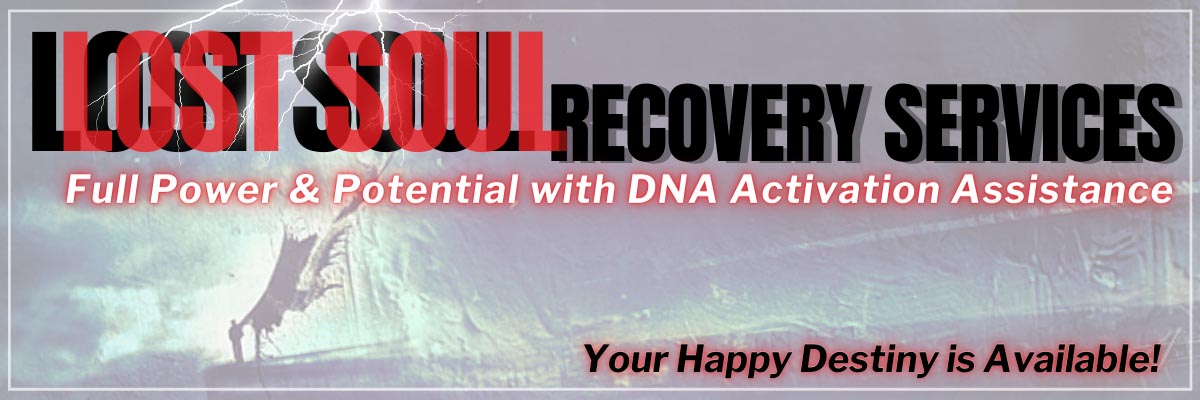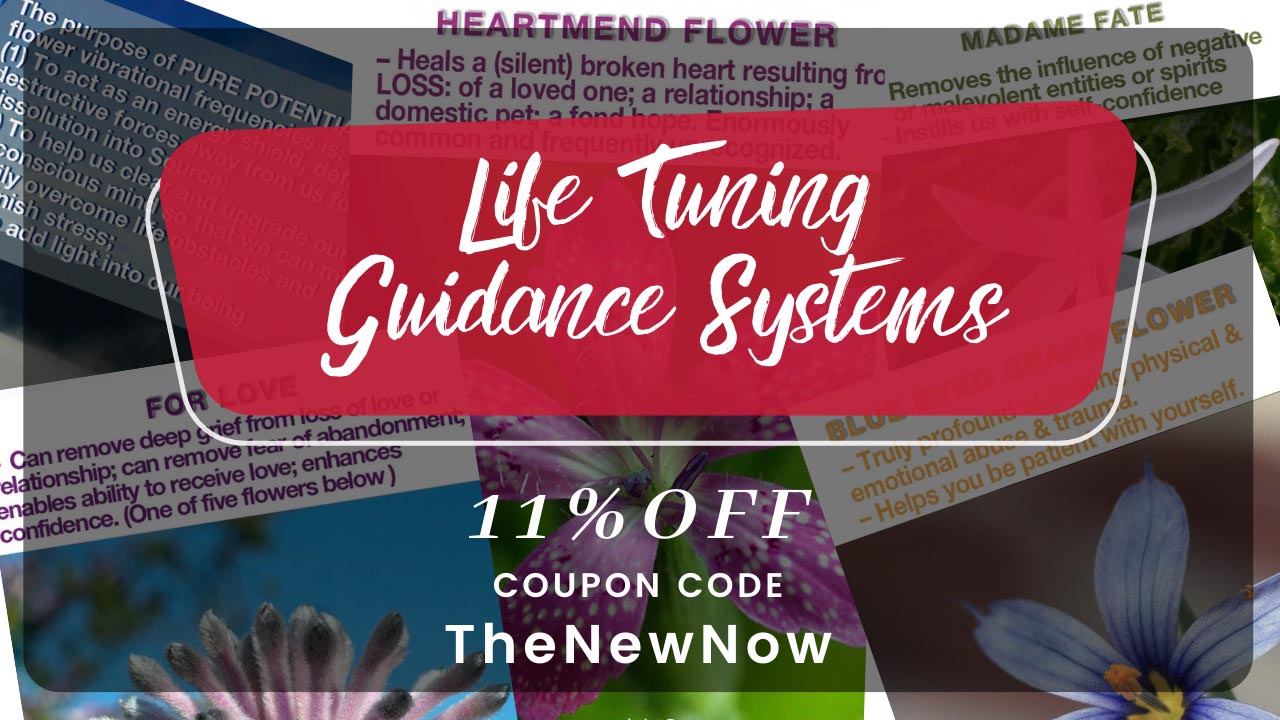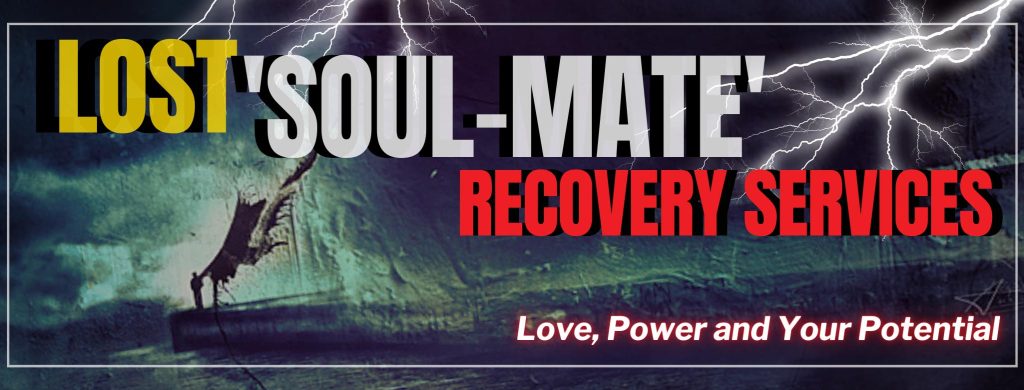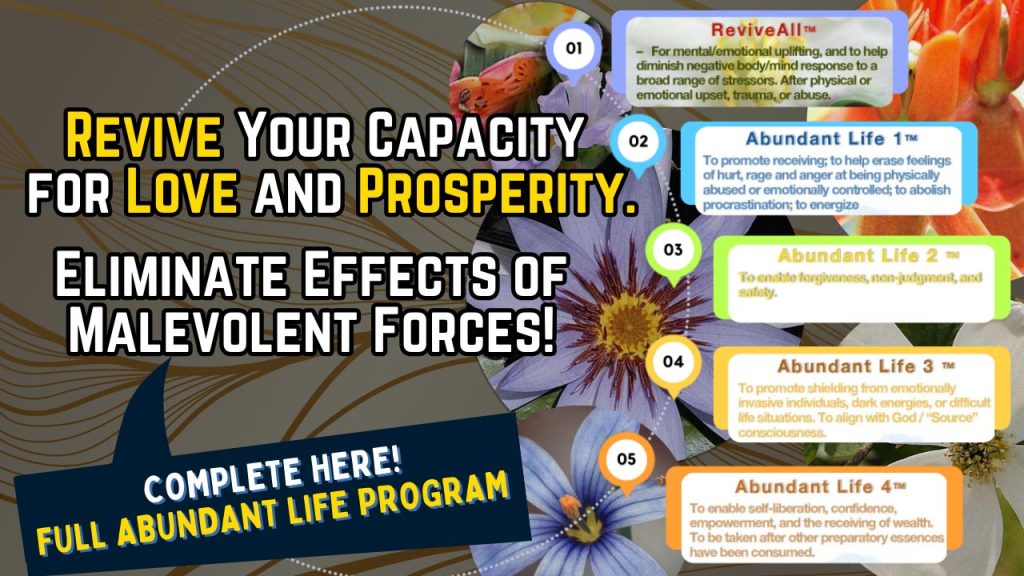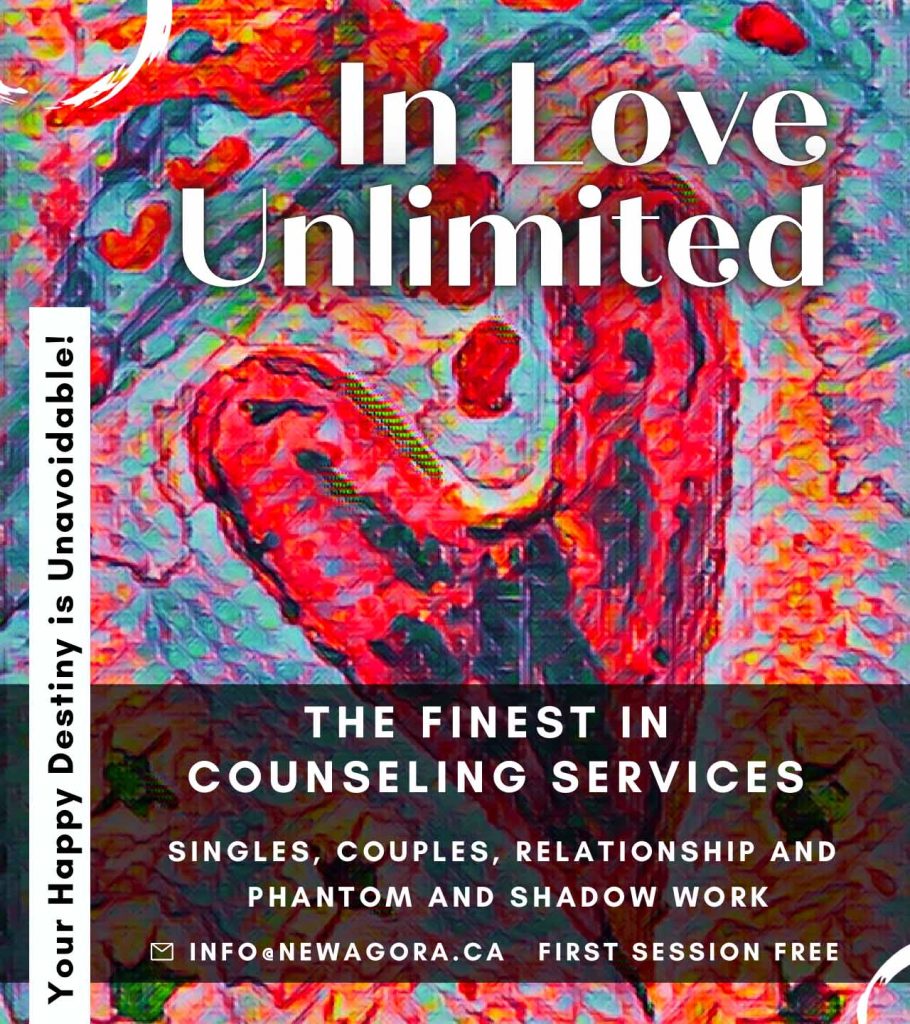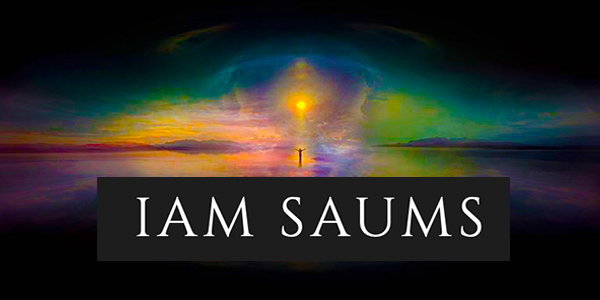4 Reasons to Stop Watching News
(and Social Media)
Ever since I studied the historical context of media with James Corbett, I’ve drastically reduced my consumption of news and social media. In fact, it’s safe to say that I live “under a rock,” as not only don’t I have a personal social media account but also abstain from watching any news broadcast – especially when you understand its origin and history.
The only reason I know what occurs – significant events at least – in the world is through the network I’ve developed. As a very social individual, I have an extensive network via various apps like Telegram and GroupMe.
Lately, this week, everyone has been discussing the latest school shooting. While we go through the usual discussion of gun control, I have a different outlook, which may be because I’ve removed myself from societal noise as much as possible. When I hear of these mass shootings, my first thought is, “is this a false flag?”
Now in the event of the controlled opp Alex Jones and the Sandy Hook Trial, this seems insensitive to say. And to be clear, any murder is wrong and should be condemned. However, I would argue that individuals who aren’t familiar with the technique of false flags and the frequency they occur might live in a world of naivete. With the increased prevalence of deep fakes, authorized propaganda use by governments, and crisis actors, this is a very legitimate question to ask.
The second thought that comes to mind is, did officials entice these shooters? This idea falls under the false flag notion, but there are reports where family members have mentioned that their loved ones have been coerced to commit tragic crimes. Here’s one example here.
So, whenever these major crisis events happen, I take a step back to avoid falling into the polarization trap that occurs, which is one reason I don’t watch the news. However, there are a plethora of reasons why no one should watch the news – at least not from mainstream media sources.
In the following article, I break down four reasons why we should not – and I loop this together with social media use as well. I vehemently believe that no adult over the age of 20 should utilize social media to the extent that we as a culture currently do because it wastes productive time and establishes mediocrity. It also provides the user with an endless amount of useless information, which I describe here and here.
But without any further ado, here are four reasons why, as a culture, we need to stop watching the news.
The world has become increasingly dependent on news and social media for information, and I argue that consuming content from these sources may have long-term detrimental effects. Recently, I had the opportunity to watch a Ted Talk discussing four reasons why we should stop consuming mainstream news.
Despite being focused on traditional sources of “news” (i.e., 5pm News Reports as this video was four years ago), its powerful message can be applied to social media outlets as well — many people now get their news from quick snippets and soundbites featured across various platforms. These clips have become the primary source for millions of individuals seeking current event updates.
Social media and news outlets serve up a steady stream of data that is like candy for our brains but offers little nutritional value. We may believe we are more informed as a result of these sources; however, all they truly provide us with are glimpses into fleeting events taking place around the world.
The alarming issue here is that we’re being tricked with a false sense of understanding, as pointed out by Ted Talk Speaker Rolf Dobelli. We deceive ourselves into believing we know what’s happening in the world when all it does is keep us from perceiving the actual reality. To make matters worse, the more news and social media content consumed only furthers our blindness to truth.
Here are the four reasons why it’s essential to take a step back from the news and social media outlets to protect our well-being:
- Watching the news can give you an incorrect view of the world and how dangerous it is, oftentimes overestimating the risks from relatively rare events.
- News can be completely irrelevant to your own life and focus on events that have little bearing on your day-to-day existence.
- Prolonged news consumption has been shown to increase stress levels, lead to feelings of depression, and erode mental health over time.
- Furthermore, watching too much news does not give you any competitive advantage in terms of knowledge or insight compared to those who do not watch the news (it actually might hurt). It also takes up valuable time that could be used for more productive activities.
Despite all the distractions and harmful noise from news sources and social media, there’s still hope! By reverting back to traditional methods we’ll cover in this article, you can learn how to gain a true advantage over your peers. Reduce the noise coming from these outlets so that you may reap the benefits of knowledge and improved success.
To begin, let’s delve deeper into these four points and then discuss how to gain a true edge in the market.
Reason One: The News and Social Media Overestimate the Risks of Extremely Rare Events
“The brain interprets the sensational [news story or social media feed] as being much more frequent than it actually occurs, and it disregards the silent risks that are not fit for the headlines. The result is that you constantly walk around with the wrong risk map in your head.”
Over and over again, we’ve seen the media sensationalize stories without offering enough context or perspective. For instance, when it came to the pandemic, death tolls were reported constantly even though 95% of those infected survived – leading people to feel distressed for no real reason. We often see this same kind of ‘crisis’ attitude around climate change as well as a disproportionate amount of attention given to minority groups like transgender individuals.
The same sentiment can be extended to the distressing images frequently presented as news. From police shooting innocent citizens to people being brutally attacked and murdered in broad daylight – these graphic displays of violence have become far too common among journalism outlets.
Yet, this is what is supposedly informing us. These events, which have rare occurrence and are being broadcasted daily, gives us the wrong risk map in our heads. Instead of focusing on true issues, such as inflation prices and solutions, the decreasing purchasing power of the dollar, or the incoming threat of CBDCs, which are all real risks that affect us all, we are left in a propagandized state, afraid to leave our homes, due to small risks possibly affecting us outside of the safety of our homes.
This reason alone is why we should cease consuming information from news and social media outlets; however, this is just one reason; we have three more to go.
Reason Two: The News and Social Media Are Completely Irrelevant to Your Life
“An average person consumes between 10,000 and 20,000 new stories a year. Let me ask you, from the thousands of new stories you have seen this year, tell me one, just one, that has allowed you to make better decisions for your private life or business life, compared to not knowing it.”
As I crafted this article, I sought insight from my friends about the four points; however, when discussing this particular point in question, some disputes occurred. Some thought the weather and traffic were other possible examples that could be mentioned, while others suggested student loan forgiveness or PPP loans as appropriate topics for news coverage.
Ultimately, do you need the news or social media to give you insight into those areas? That is up to the reader to decide. In my opinion, if it was important that we be informed about what’s happening in a particular area, then we would already know without relying on news sources.
Let’s use an illustration to further explain this. If you are a business proprietor, I am confident that the news and social media are not the places where you would learn of government-funded PPP loans. Your accountant, tax services provider, or even the government itself will likely contact you regarding this particular update.
The takeaway here is that you don’t need to rely on the news or social media when it comes to matters directly impacting your life. For instance, if it’s raining outside- well, that’s just an ordinary part of existence and not especially significant. On the other hand, if you have a critical meeting coming up, then checking traffic won’t always be considered “news,” as once completed, there is no longer any need to continually consume more information regarding the route.
Our attention and our time are limited, so if we choose to obsess over potential issues or consume ourselves with the fabricated lives of celebrities online, precious moments in our own lives will slip away.
Another convincing reason to switch off the news is its direct effect on our health.
Reason Three: The News and Social Media Increase Your Stress Levels and Destroy Your Mental and Physical Health
“News is toxic to your health. News stories constantly triggers the limbic system. Panicky stories release glucocorticoids, stress hormones that put your body in a state of chronic tension and alert. The result, your body stops growing, doesn’t repair itself, and become susceptible to infection. You will be physically healthier if you stay away from the perpetual drama of the news.”
This point links to the preceding reason and highlights both the physical and detrimental effects of regular news and social media consumption. As we consistently engage with these narratives and visuals, our bodies trigger a fight or flight response – and entering into this state of panic-inducing alertness day after day results in severe damage to our health.
Numerous studies have cautioned against the detrimental consequences of social media, and this article delves into the deleterious pictures displayed in news programs. If you’d like to gain a deeper understanding of this issue, look no further than my article “Occularcentric Society.” From a spiritual standpoint, witnessing our world through screens can take us away from reality as we know it—away from what is happening around us while transporting ourselves to an artificial universe instead. This pattern of behavior has profound implications that require more attention.
Astonishingly, humans are now spending more time in virtual worlds than ever before, and it’s hardly surprising that our physical well-being is adversely affected due to prolonged exposure.
Despite the three remarkable explanations for why news and social media are detrimental, there are still people who insist on their advantages. One well-known argument is that being informed helps us make wiser decisions. Let’s now expose this myth with our fourth point as well!
Reason Four: The News and Social Media Provide No Competitive Advantage
“News wastes time. If you consume news for 15 minutes each morning and 15 minutes in the afternoon and watch news on television for 30 minutes before bed, you waste productive hours totaling a work day a week. For what? If news gave you a competitive advantage, journalists would be the world’s richest people. They are not; quite to the contrary.”
As a kid, I saw images of successful people watching the news first thing in the morning. Squawk Box, CNN, and Morning Joe were their go-to channels for keeping up to date with what was happening in the world. I remember setting alerts on my devices so that if something “breaking” occurred, then I’d know about it immediately, too – all because I believed that by staying informed just like those influential individuals seen in movies and media outlets depicted, eventually, success would be mine as well.
As I’ve highlighted in this article, I was essentially indulging myself with knowledge of events that were highly unlikely to occur. Moreover, none of these bits had any significance to my life whatsoever. To top that off, the negative news circulating across screens only increased my anxiety and deteriorated my mental well-being – all while spending 8 hours every week doing so!
Instead of offering a true competitive edge, watching the news–which later became replaced by social media–had an inversely negative impact. Rather than utilizing this time to stay informed and connected, I would have been better served investing in myself – through studying new skill sets, researching trends within my industry, and more. It became clear that following the news or scrolling social media gives us all an imaginary impression of success without actually propelling us closer to our goals.
How, then, can we develop a true competitive advantage?
Conclusion: Developing a True Competitive Advantage
“To have a real competitive advantage, you better stay out from the new stream. So what should you do? Go cold turkey; make news inaccessible. Read long solid magazine articles that give your perspective. Read books that explain the world’s complexities. Try reading a book a week, better two or three. History, school, biology, psychology. Have fun reading.”
At Unorthodoxy, this quote is at the heart of our mission. As Dobelli proclaims, to obtain a true competitive edge, we must delve into and analyze the depths – in other words, go long. Brief exhibitions of what’s going on superficially are futile; however, those who take their time to comprehend the intricacies and complexities of life are in a prime position to solve them hence garnering rewards – both mentally and financially – for the generous gifts they bless others with.
Our mission lies in going long and uncovering the truth. We explore complex topics like history, psychology, and many more that offer an unconventional outlook on the world. This isn’t just for entertainment, but with an understanding of how things became as they are today, we can find true solutions to make our earth a better place – while being financially rewarded along the journey! Financial success is a critical component of living a fulfilling life, which is why this factor is necessary to consider. I write more about this here.
Other substacks follow this same philosophy: providing in-depth, insightful content to change the world for the better. Examples include
,
,
, and
.
I firmly believe that adults should not squander significant portions of their time scrolling through social media, as it does our society a disservice and robs us of productive opportunities. As guardians for the next generations to come, if we waste our valuable hours getting only snippets of what’s going on in the world around us, then we are doing an injustice to both our children and future generations.
I urge those who read this article to take on the challenge of a news and social media fast throughout April. Instead of wasting precious time scrolling aimlessly, spend 10 minutes each day reading thought-provoking pieces from Unorthodox or any other substacks mentioned above.
To close, if you’re tired of the constant stress and negativity that news and social media bring into your life, it’s time to make a change. Instead of consuming the same old worthless information every day, why not try something new and enriching?
By subscribing to my substack, Unorthodoxy, you’ll get exclusive access to thought-provoking and insightful content that will help you gain a fresh perspective on the world. Our platform is designed to help you break free from the mundane and experience a new level of intellectual stimulation.
With our member-only content, you’ll gain access to even more valuable insights and information that will give you a competitive edge in today’s fast-paced world. Imagine the possibilities when you’re armed with knowledge and unique perspectives others don’t have.
So don’t hesitate. Join our community today and take the first step towards a more meaningful and fulfilling life. Share our substack with your friends and family and help spread the message of positivity and growth. Together, we can break free from the negativity and create a better future for ourselves and our world.
Questions to Think About
- Is consuming news content making you more aware of the world, or is it just presenting a one-sided portrait while overlooking other points of view?
- Do we truly become closer as a result of social media, even though countless studies demonstrate its negative effects on our well-being? Can our use of it be merely an addiction hidden behind the pretense that we’re “maintaining relationships?”
- Visualize how your life could be transformed if you blocked out the distractions, stepped away from society, and used this month to hone in on yourself and your abilities. What would that look like?
Photo by Filip Mishevski on Unsplash
Unorthodoxy
· Over 1,000 subscribers






